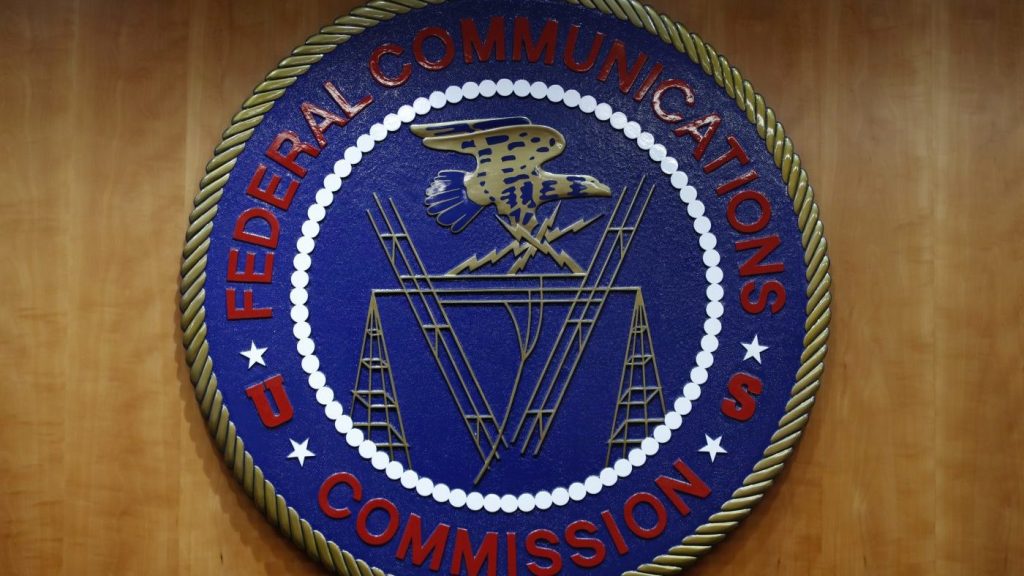Some families with low income in the U.S. might have to pay more for internet next month because the Federal Communications Commission (FCC) is reducing its monthly internet benefits. The FCC announced this on Tuesday.
The agency stated the reduction in monthly benefits is because Congress has not approved more funding for the Affordable Connectivity Program. The program, which stopped accepting new applications in February, aims to help low-income households afford the internet needed for work, school, and more.
Starting in May, many in the program will receive a maximum subsidy of $14, which is less than half of the current $30 some currently get for their internet payments.
For residents in tribal lands, the maximum monthly benefit will decrease to $35 from $75. Families getting credit for specific devices will see the maximum amount reduce to $47 from the current $100.
The FCC is urging providers to “keep consumers connected” and mentioned that providers can offer more discounts to households in the program, although they are not required to do so. It's not clear how providers will handle the situation next month.
The FCC stated that over 20 million households are part of the program.
Last week, FCC Chairwoman Jessica Rosenworcel called on Congress to take “immediate action” to prevent the funding shortfall.
“Today, more than 23 million households nationwide rely on [the ACP] to go online and stay online, including vulnerable seniors, veterans, school-aged children, and residents of rural and Tribal communities,” Rosenworcel mentioned. “Without additional funding from Congress, the program will close.”
She urged lawmakers to pass the bicameral Affordable Connectivity Program Extension Act, which would provide an extra $7 billion for the program.
“For every household to fully participate in the digital economy, they need internet access…. We have made too much progress to let this successful effort to promote internet access for all come to an end,” she stated.









